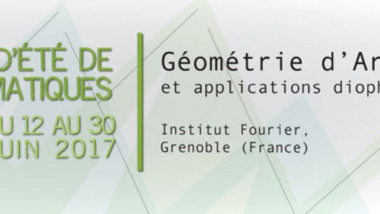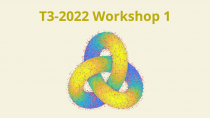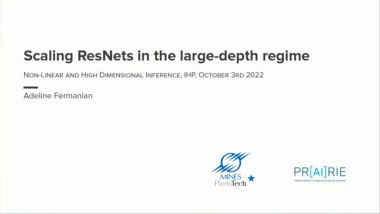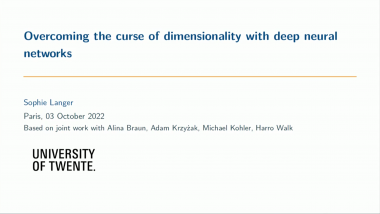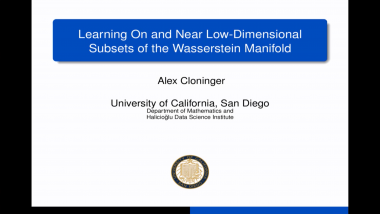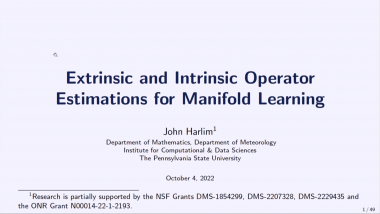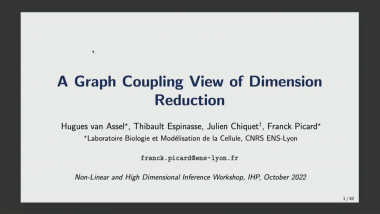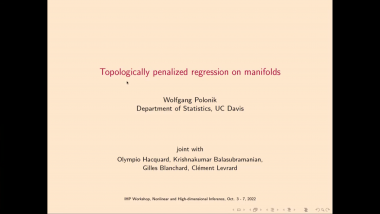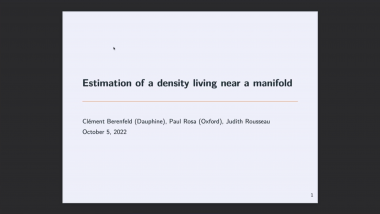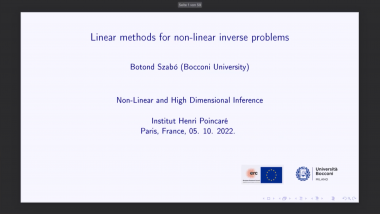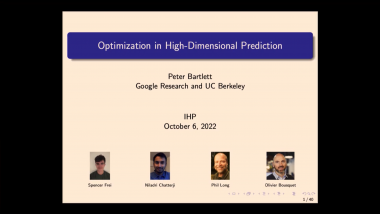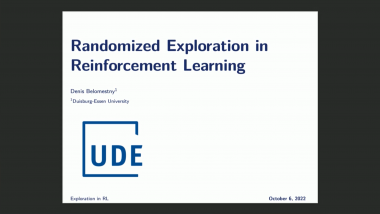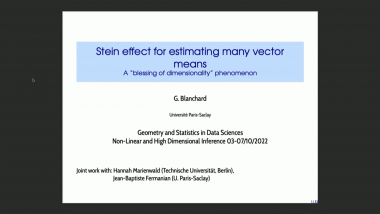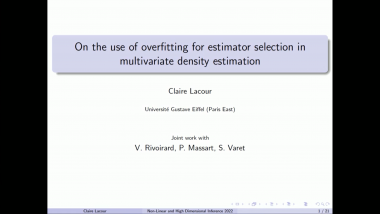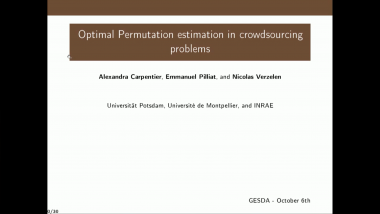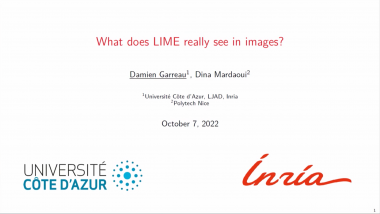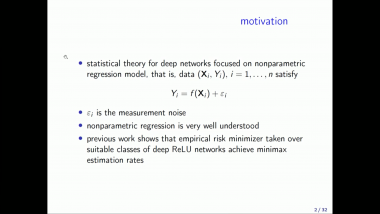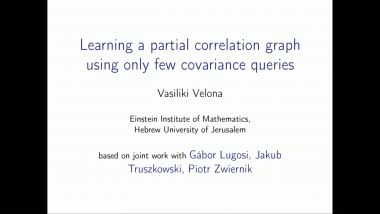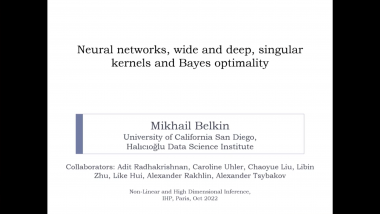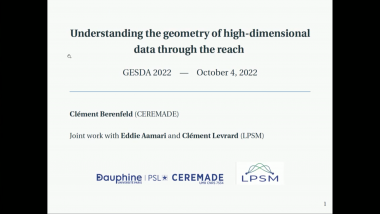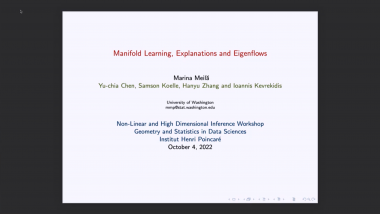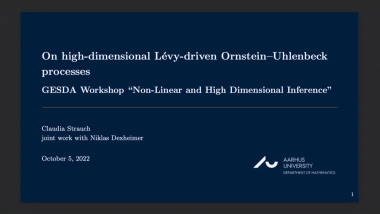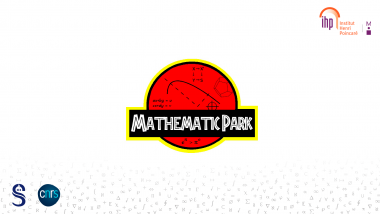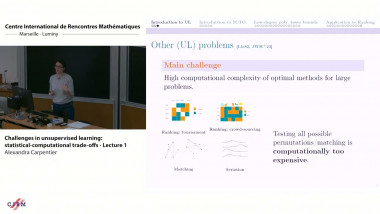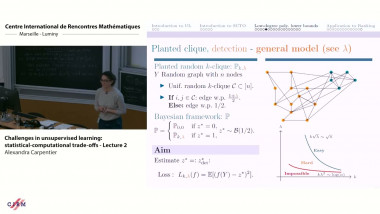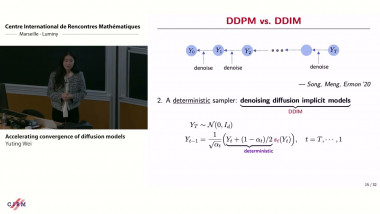Manifold Learning, Explanations and Eigenflows - Part 2
This talk will extend Manifold Learning in two directions. First, we ask if it is possible, in the case of scientific data where quantitative prior knowledge is abundant, to explain a data manifold by new coordinates, chosen from a set of scientifically meaningful functions? Second, we ask how popular Manifold Learning tools and their applications can be recreated in the space of vector fields and flows on a manifold.Central to this approach is the order 1-Laplacian of a manifold, ∆1, whose eigen-decomposition into gradient, harmonic, and curl, known as the Helmholtz-Hodge Decomposition, provides a basis for all vector fields on a manifold. We present an estimator for ∆1, and based on it we develop a variety of applications. Among them, visualization of the principal harmonic, gradient or curl flows on a manifold, smoothing and semi-supervised learning of vector fields, 1-Laplacian regularization. In topological data analysis, we describe the 1st-order analogue of spectral clustering, which amounts to prime manifold decomposition. Furthermore, from this decomposition a new algorithm for finding shortest independent loops follows. The algorithms are illustrated on a variety of real data sets. (Joint work with Yu-Chia Chen, Samson Koelle, Hanyu Zhang and Ioannis Kevrekidis)
